College Bound Data
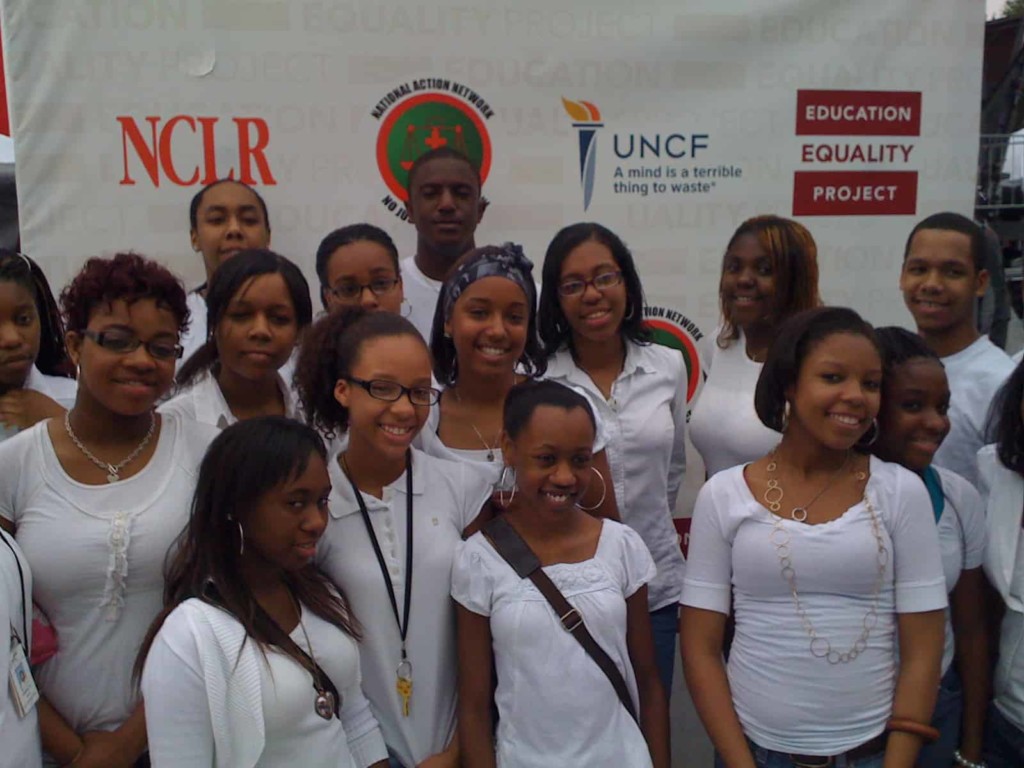
As anticipated, the ASU Education Innovation Summit resulted in some interesting connections. There were a bunch of twenty-something-led startups but there were also a handful of companies that have been quietly supporting college and career ready aspirations for decades including MyCollegeOptions.org.
Don Munce joined MyCollegeOptions.org 25 years ago. They survey the college and career aspirations of American high school graduates and these days they reach 70 percent of graduates. Membership among colleges and universities has grown from 200 to nearly 1,500 members under his leadership because they appreciate the predictive data.
MyCollegeOptions.org “provides students with the opportunity to create a personal online college and career planning profile. Students can match their individual needs, talents, abilities, goals, and interests with the offerings of over 5,000 accredited post-secondary institutions across the United States.” Students receive access to information about applying and paying for college. MyCollegeOptions.org surveys students about career and college aspirations.
The National Student Clearinghouse has enrollment and completion data from most U.S. post-sec institutions. When someone combines state high school achievement and graduation records, aspirational data from MyCollegeOptions.org, and the Clearinghouse college completion data, analysts will be able to:
- Improve predictive algorithms: identifying students at-risk and with potential
- Attack the under match problem: students under-optimizing the college they attend
- Identify and contact students that said they wanted to go to college but didn’t enroll; and
- Create an early warning system for big labor market shortages.

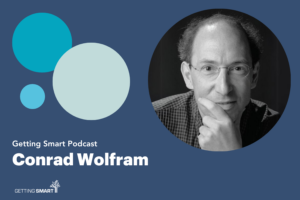
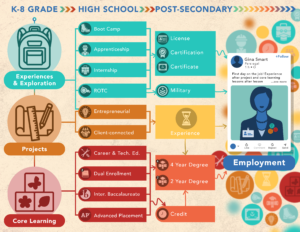

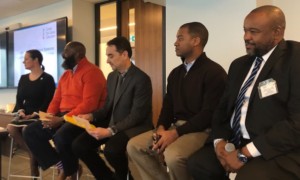
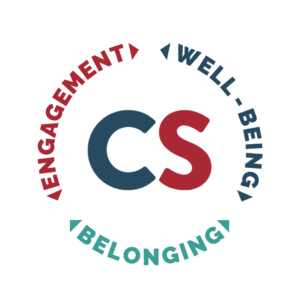
0 Comments
Leave a Comment
Your email address will not be published. All fields are required.